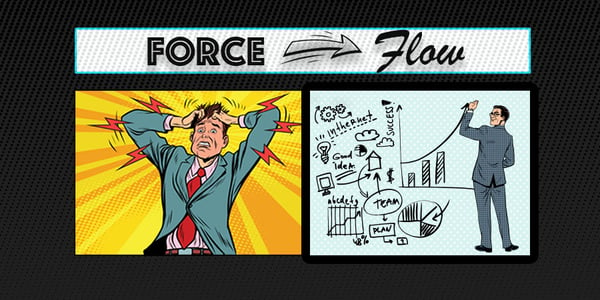Sweaty palms, stammering speech, thick brain fog... Pitch meetings can be a terrifying ordeal.
Beyond the nerves, there's nothing worse than getting your hard-earned expertise lost in translation.
So, if you're a software developer who's looking to communicate your knowledge to your client (whether they're new or not) during a pitch meeting, relax for a minute. As QA experts who often pitch ourselves, we've got some useful tips to share.
Remember, you're the expert
In our experience, we often find that there's a pretty big gap between what we do and what our prospects imagine we do.
As a software developer, you know the ins and outs much better than your clients do. So, express that in your pitch. When pitching (or presenting any information), bring as much direct experience as you can to the table.
Be confident. Know your audience, and use anecdotes that your client will understand. Answer any questions honestly and with authority.
You could also reference past projects. Talk through your timeline, development process, agile methodologies and QA testing in a context that's tailored to your audience and their goals:
Present solutions, not just features
You're not just selling a piece of software. You're selling a solution. Something that could genuinely change your client's business - or customers' lives - for the better.
So, focus on what will matter most to your client and their customers.
💡 Tip: ask questions to gauge a better angle. Ask your client what their current business goals are, or which of their tasks are most burdensome. Consider these responses in your pitch.
On top of this, if you're able to point to concrete ROI, do so.
Could your application increase productivity by 30 percent? Or save 10 percent on costs? How will it make your client's life easier? And, if you're up against some competition, how might your software stand up against the competitors?
Use simple language
As Albert Einstein once said, 'if you can't explain something simply, you don't understand it well.'
Of course, we're not suggesting you treat your clients like complete dummies. (Please don't do that.) But do try to consider their lack of direct expertise.
Simple language works better in most contexts. So, cut out the technical jargon where possible and, if you choose to highlight any metrics or data points, make them as visual as possible. If a picture is worth a thousand words, then a graph would be worth a hundred times that.
Better still, you could demonstrate a live walkthrough of your software (or a similar past project).
Make your pitch meeting a success
From first-hand experience, we can confidently say that the expression of your experience is the most important thing when it comes to pitching your software.
That, and knowing your client inside out.
With the right preparation, confidence and authority over your subject matter, you'll wow your client and nail your pitch.




